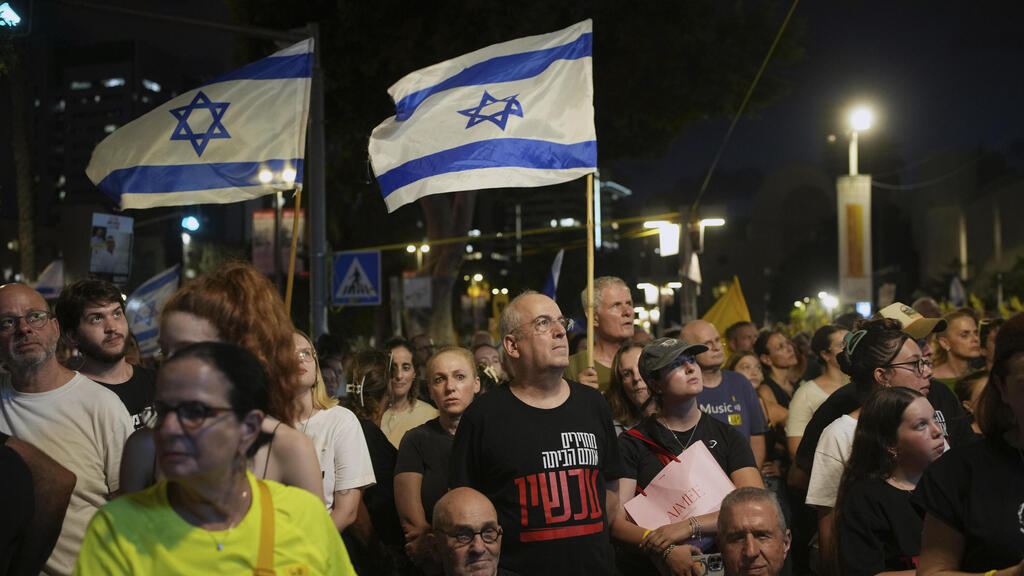Above all, illusions must be avoided. It was not Israel’s threat to invade Gaza that shifted Hamas’ position. Quite the opposite. That threat is of no concern to Hamas. What exactly are we threatening with? Destroyed buildings? The forced transfer of populations who will not leave willingly? Soldiers pushing out the elderly, children or pregnant women by force? More death? That is precisely what Hamas seeks.
The change in Hamas’ position came from Arab pressure, not Israeli threats. It is no coincidence that by Monday most of Hamas’s public messaging was aimed at Arab media outlets.
And if such an operation—with all its horrors of destruction, devastation and death—was already to spark such a collapse, then seeing it through after Hamas has said “yes” to the Witkoff framework and Israel has refused will bring an even deeper one. Once again it becomes clear that Hamas’s strategy is more sophisticated than Israel’s.
With a bit more foresight, it should have been Israel that laid a trap for Hamas: declaring a unilateral ceasefire while simultaneously demanding the release of hostages and the demilitarization of Gaza.
If Hamas had accepted, Israel would have gained. If Hamas had refused, the Israeli initiative would have spared at least part of the diplomatic collapse, while granting Israel a measure of legitimacy if further fighting proved necessary.
Leave aside, for the moment, the moral issue—though it is crucial. This is not the path of Zionism. Here is a former intelligence chief, the man meant to know everything, still failing to grasp the core logic of jihad, of the Muslim Brotherhood, of Hamas. He still imagines that destruction and death deter them.
But jihadist ideology, as its founder Hassan al-Banna described, is built on a “culture of death.” Does Haliva truly think death can be used as a threat against those who see death as their highest calling?
When Hamas leaders launched their massacre, did they not know the result would be devastation? Is this not the very pattern of jihad wherever it rises? What, then, is Haliva offering them? Exactly what they desire. It did not deter them before October 7. It does not deter them after.
Haliva is no longer in office. He took responsibility and stepped aside. But the concept he embodied has not retired. It dominates Israel’s political leadership today. Israel continues to threaten Hamas with more destruction through a takeover of Gaza City.
What will be the outcome? Yes, another Nakba. That is the punishment of those who rise to annihilate us. But Nakba is not an Israeli objective. It is a consequence, not a goal. It is jihadist ideology, not Israel’s.
One truth should be clear to decision-makers: the concept that Hamas leaders tremble at threats of more destruction and death, and that this alone will deter them, has collapsed. Hamas yearns for Israel to press the gas pedal. More death, more devastation—this is what it welcomes.
Hamas is not afraid of an Israeli refusal. It may even hope for one, since that would only deepen Israel’s damage: more academic boycotts, more cultural boycotts, more arms embargoes, more victories for the BDS. Israel now has a chance to halt the collapse. It must not miss it.





